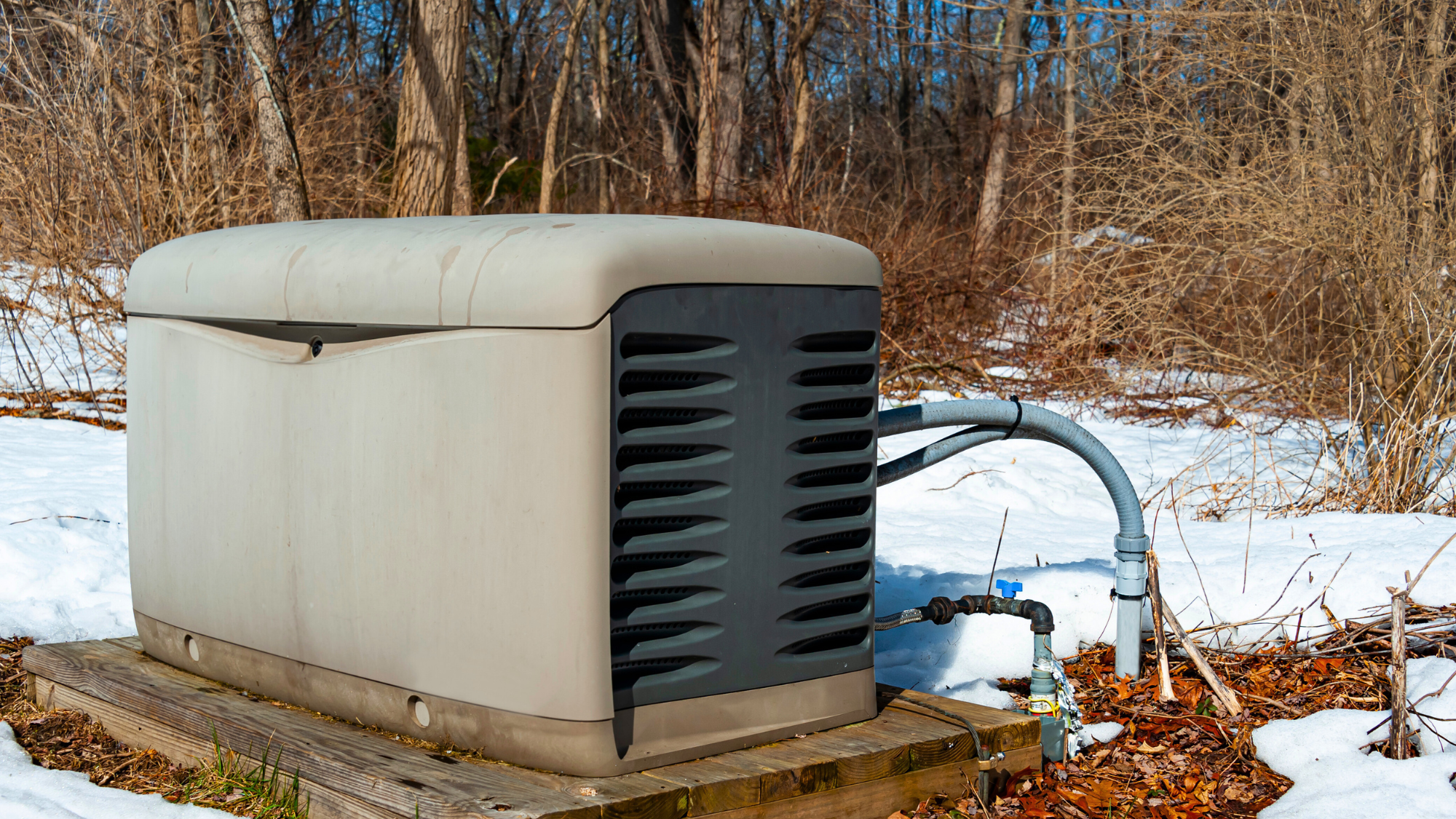Reliable Power Solutions with Propane-Powered Generators
When the lights go out due to a storm, a grid failure, or any other unforeseen circumstance, having a reliable source of backup power is invaluable. Enter propane-powered generators, an increasingly popular choice for homeowners and businesses seeking a dependable and efficient solution for keeping the lights on during outages.
Propane generators are versatile backup power systems that utilize propane as their fuel source. They come in various sizes and capacities, making them suitable for residential, commercial, and industrial applications. These generators work by combusting propane gas in an engine to produce electricity, providing a steady source of power when you need it most.
Advantages of Propane-Powered Generators
- Reliability: Propane is known for its long shelf life and stable chemical properties. Unlike gasoline or diesel, propane doesn’t degrade over time, ensuring that your generator is always ready to kick into action when an outage occurs. This reliability is a crucial factor in emergency situations.
- Clean Burning: Propane is one of the cleanest-burning fuels available. It produces fewer emissions and less pollution compared to diesel or gasoline generators. This makes propane generators an eco-friendly choice for backup power.
- Efficiency: Propane generators are highly efficient, converting a significant portion of the fuel into usable electricity. This efficiency translates into lower operating costs and longer runtimes on a single propane tank.
- Low Maintenance: Propane generators require less maintenance compared to other types of generators. Propane burns cleanly, resulting in fewer deposits and carbon buildup in the engine. This reduces maintenance frequency and ensures a longer lifespan for your generator.
- Fuel Availability: Propane is readily available and can be stored safely in tanks on your property. You don’t have to worry about refueling during a storm or power outage, as you would with gasoline generators.
- Quiet Operation: Propane generators tend to operate more quietly than diesel or gasoline generators, making them a suitable choice for residential areas where noise pollution is a concern.
Applications of Propane-Powered Generators
Propane-powered generators find applications in various settings:
- Residential Use: Keep your home well-lit and comfortable during power outages, ensuring that essential appliances like refrigerators, heaters, and medical devices stay operational.
- Commercial and Industrial Use: Businesses can avoid costly downtime by powering critical systems, servers, and manufacturing equipment with propane generators.
- Outdoor Events: Propane generators are a popular choice for outdoor events, providing a reliable power source for lighting, sound systems, and food preparation.
While their efficiency and ease of use make them an ideal choice for emergency power solutions, it’s crucial to understand the safety measures required when using propane-powered backup generators, especially in inclement weather conditions like rain. Operating any generator, including propane ones, requires caution, particularly in wet conditions. Running a generator in the rain is not advisable due to the risk of electrical hazards and potential damage to the generator.
To ensure safety and functionality, it’s essential to follow specific guidelines:
- Use a Canopy or Cover: When operating a generator outdoors, it’s crucial to protect it from rain. A canopy or specially designed generator cover can provide the necessary shelter. Ensure that the cover allows for adequate airflow to prevent overheating.
- Elevate the Generator: Place the generator on a raised, stable platform to prevent contact with any standing water. This elevation can help protect the electrical components from water damage.
- Ensure Proper Ventilation: Generators should always be used in well-ventilated areas, away from windows and doors, to prevent carbon monoxide poisoning. Even when using a cover, ensure there’s enough air circulation.
- Regular Maintenance: Regularly inspect your generator for any signs of wear and tear, especially after exposure to harsh weather conditions. Proper maintenance can prevent malfunctions during critical times.
- Electrical Safety: Always use heavy-duty, outdoor-rated power cords with your generator. Ensure they are free from cuts and that the plugs are intact.
Propane-powered generators offer a compelling solution for backup power needs. Their reliability, clean-burning nature, and efficiency make them a preferred choice for both residential and commercial applications. Whether you’re preparing for storm season or looking to safeguard your business operations, a propane generator can provide the peace of mind and power you need when the grid goes dark.
Sources:
https://selectsafety.net/benefits-of-propane-generators/
https://energysonar.com/guides/what-are-the-benefits-of-propane-powered-generators/
https://www.bobvila.com/articles/can-you-run-a-generator-in-the-rain/
